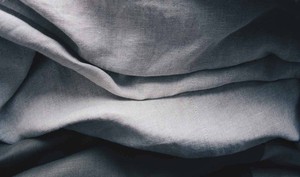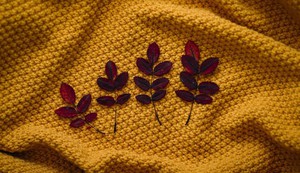- Clothes
- Bags
- Accessories
-
Inspiration
- Shoes
Hessian Fabric: Is Burlap Sustainable (& Stylish)?

Some call it burlap. Some others, hessian fabric.
Either way, if you’ve heard about it recently, it’s probably because it’s starting to get a reputation in the fashion world as a potential eco-friendly alternative.
Is hessian fabric sustainable, though? In what types of clothes or accessories can you find it? And can this humble material ever look stylish?
Let’s find out together!
What is hessian fabric?
Hessian fabric is made with fibres from the bark of the jute plant, which is a bast fibre like flax or hemp.
Since this plant is particularly common in India, it’s no wonder hessian fabric originated there. At first, though, because it’s exceptionally sturdy, it was mostly used for ropes. It then caught the attention of English traders, especially during the 18th century, and it’s now turning heads as a fabric for clothes, too.
But let’s get clear on something.
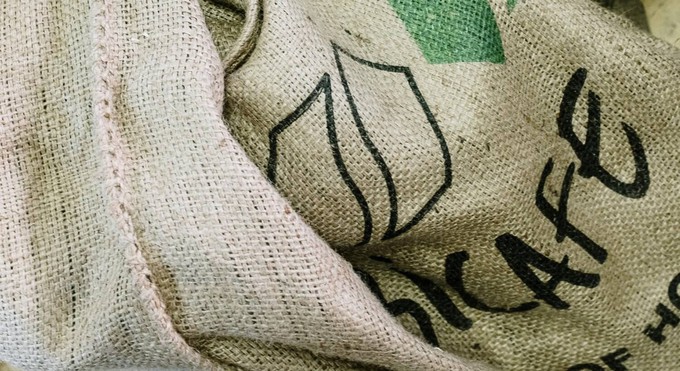
What is the difference between hessian and burlap?
Hessian and burlap are actually the same type of fabric. Hessian is simply the preferred term in the UK and Europe, whereas burlap is more common in American English.
Potayto-potahto (in a hessian or burlap sack).
Are burlap and hessian fabric the same as jute?
They’re similar but not exactly the same. Jute is a more refined and usually softer version of hessian fabric.
What are jute and hessian fabric used for?
Hessian fabric and its cousins had humble beginnings (and are still used for ropes, nets, upholstery, arts and crafts, soundproofing, and so on), but in the fashion world, you’ll mostly find them in:
- Bags, backpacks, and totes
- Certain types of shoes and sandals, like espadrilles
- Hats
- Accents and accessories, like belts
However, while it’s still fairly rare, some brands are now using them for clothes too. Hessian fabric can even make the occasional appearance on the catwalk or at fancy events, like Dolce & Gabbana’s Sicilian-inspired collection or when Emily Ratajkowski rocked a timeless burlap dress during Paris Fashion Week.
Hessian fabric and sustainability
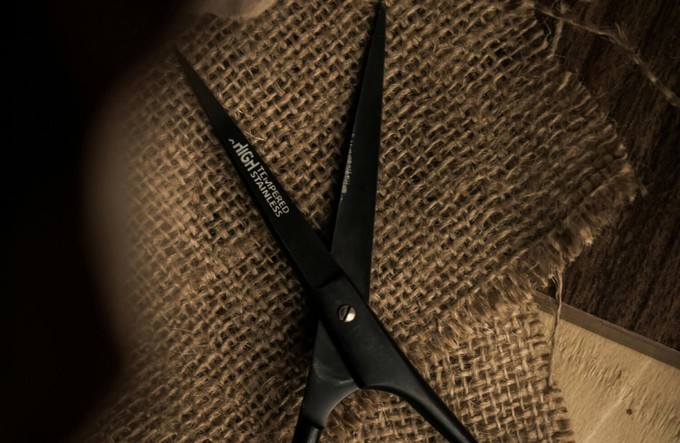
Is hessian fabric sustainable, then? Here are its pros and cons from an environmental point of view.
Sustainable advantages of hessian fabric
- It comes from a natural and renewable resource (unlike synthetic fabrics, which require fossil fuels. Yuck!)
- Jute is an easy-to-grow plant which doesn’t require much water (unlike cotton, a particularly thirsty crop)
- It also absorbs large amounts of CO2. One hectare of jute plants consume around 15 million tonnes of CO2 and liberate 11 of oxygen. When you think that a single tonne of CO2 is the equivalent of a 500 m³ hot air balloon, you can see just how beneficial jute is for the climate!
- It involves a simple production process, requiring less energy and chemicals than synthetic fabrics
- It’s naturally biodegradable
- It’s fairly easy to recycle
- It’s resistant and durable
Sustainable disadvantages of hessian fabric
- If not handled responsibly, its production process can still involve harmful chemicals, especially to dye it, treat it, and waterproof it
- If it’s mixed with synthetic fabrics, it loses its biodegradable properties
- It's more prone to rotting and degradation if exposed to prolonged moisture, which can limit its lifespan in wet or humid environments
So, is hessian fabric sustainable?
Overall, we think hessian is one of the most sustainable fabrics!
It does have a big disadvantage, though, but not from an environmental perspective: due to its rougher nature, it’s more challenging to use for clothing.
Making hessian stylish
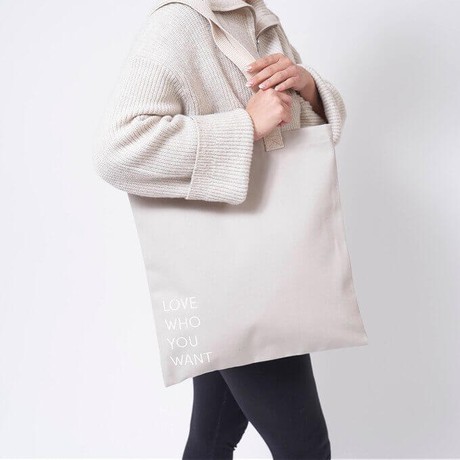 Intrigued by this unique fabric but unsure as to how to wear it confidently? Here are some tips:
Intrigued by this unique fabric but unsure as to how to wear it confidently? Here are some tips:
- Embrace its rough charm, much like you’d do with the wrinkles that characterise linen dresses
- Prioritise hessian accessories like tote bags, espadrilles, and sandals
- Style your hessian garments (like a timeless dress) by accessorising them with colourful touches, such as belts, necklaces, or additional layers
Despite its challenges, hessian fabric is sustainable and offers a lot of potential. We love the range of burlap bags that Urban Medley recently launched and we hope more ethical brands start embracing it.
Turns out, you can wear the same material used for sacks of potatoes without looking or feeling like one!
Share our story
Related articles
What New Sustainable Fabrics & Materials Are Designers Using?
Recycled plastic, coconuts, and even… milk! Here are some of the most innovative new sustainable fabrics to reduce the environmental impact of clothes.
Is Linen Sustainable? Pros & Cons of Timeless Linen Fabric
Durable, breathable, versatile… but is linen sustainable, too? Discover all about linen fabric and how to find the best linen clothing for your style.
What Are the Most Sustainable Fabrics? Oh, Sew Eco-Friendly!
‘Natural’ doesn’t always = ‘eco-friendly’! So, here’s a simple list of the most sustainable fabrics, why they’re good for the planet, and how to find them.
Project Cece is a platform that collects ethical fashion from vetted brands and shops in one place. Browse ethical fashion for women and men and find items that fit your style, budget and values!
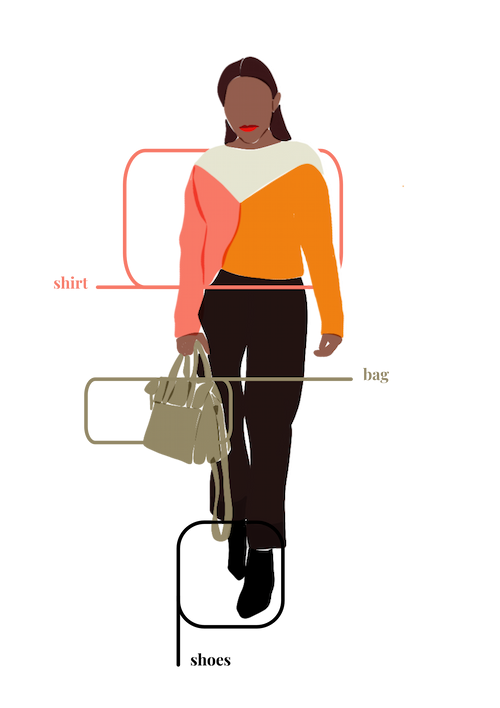
_large.png)

